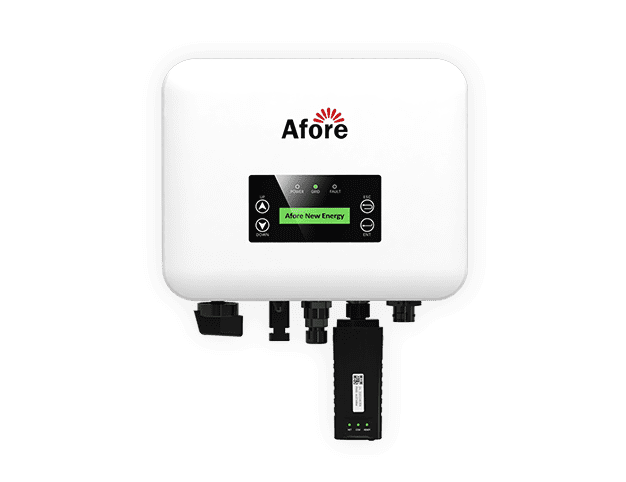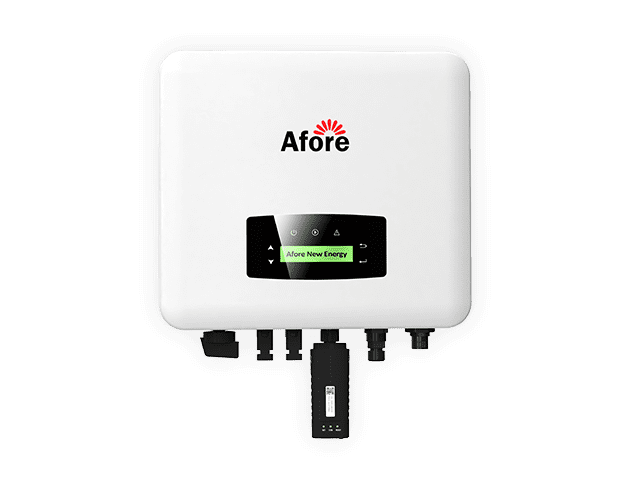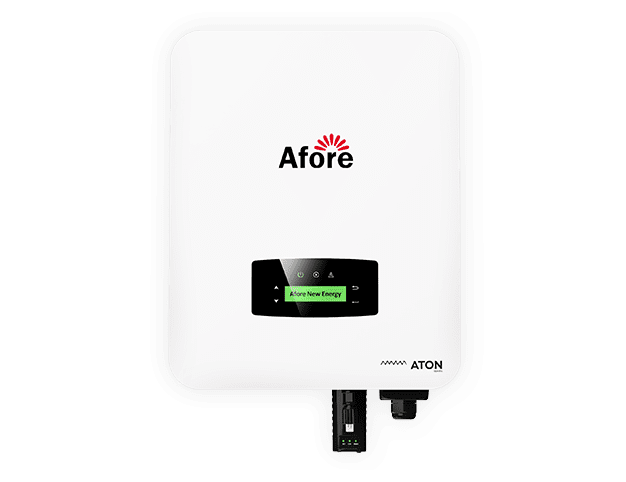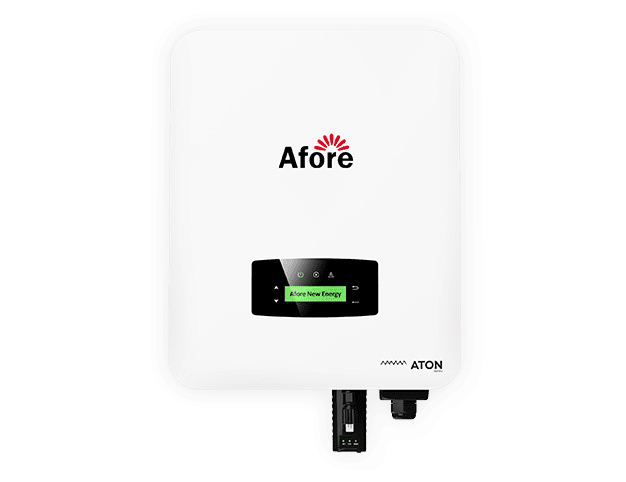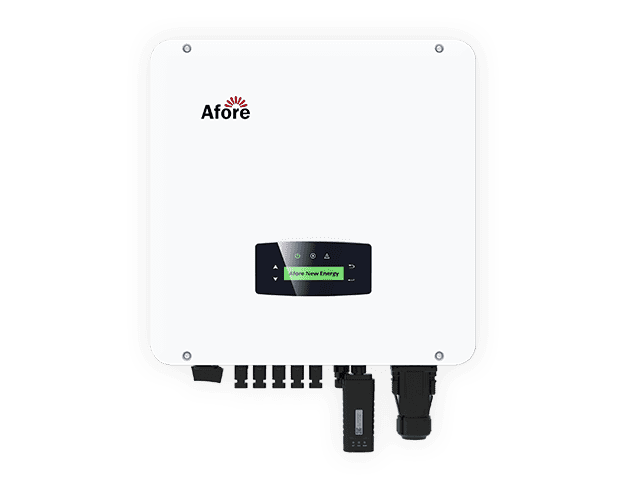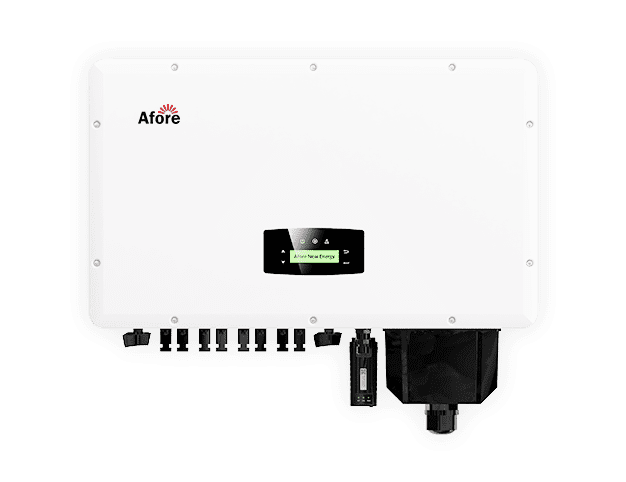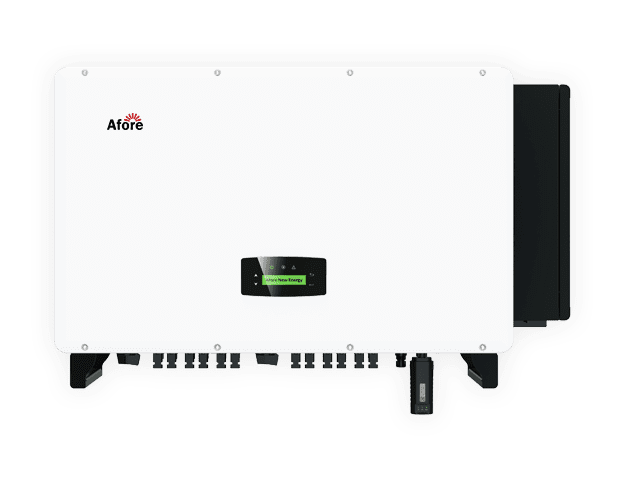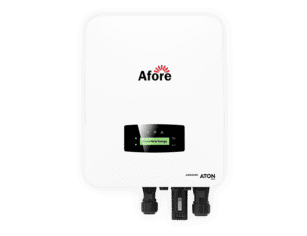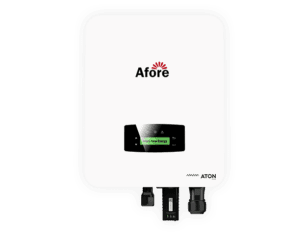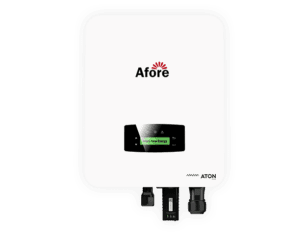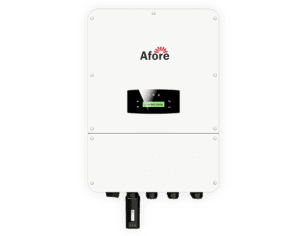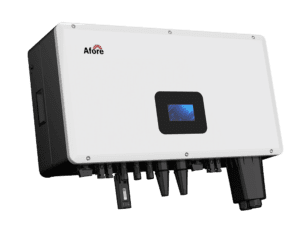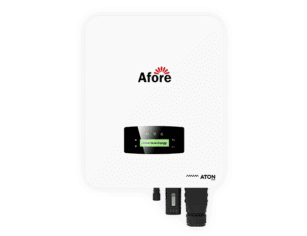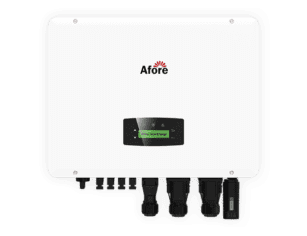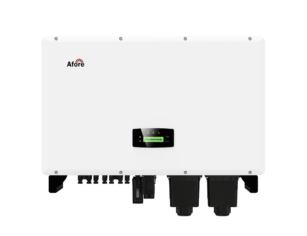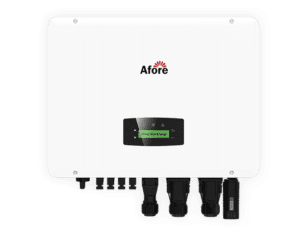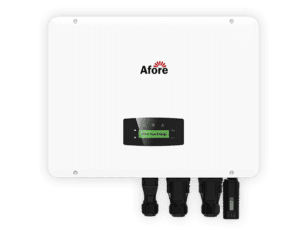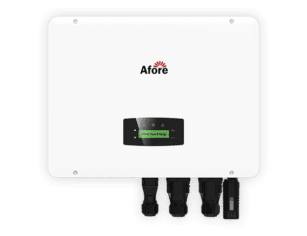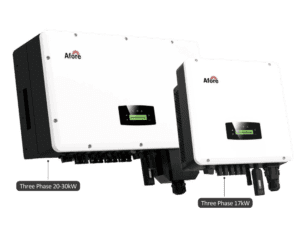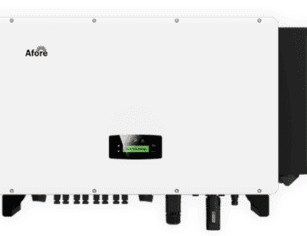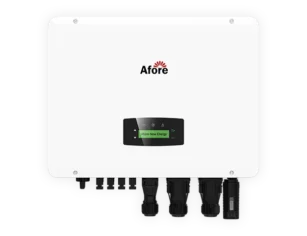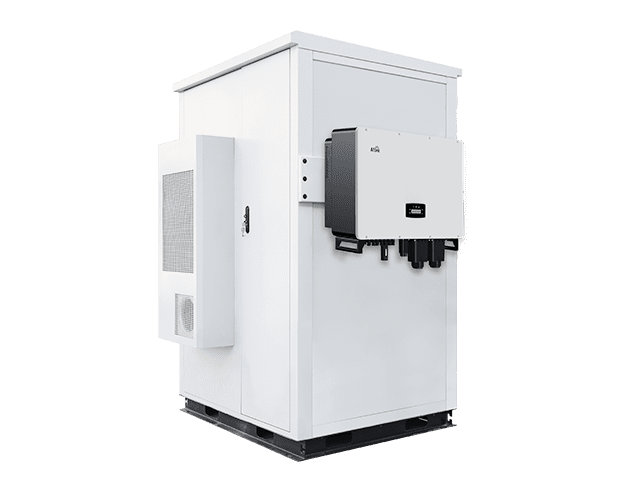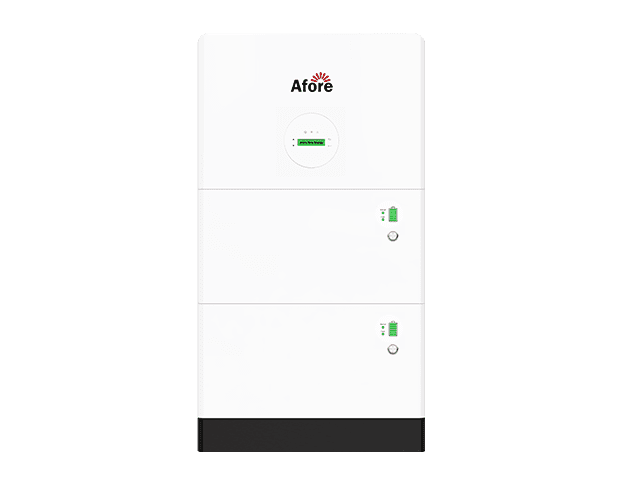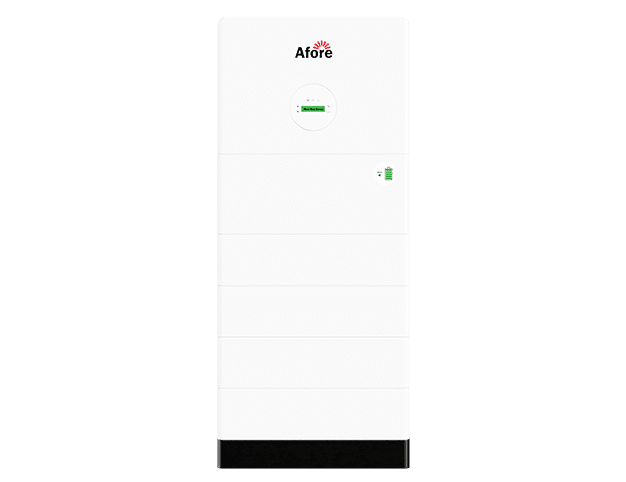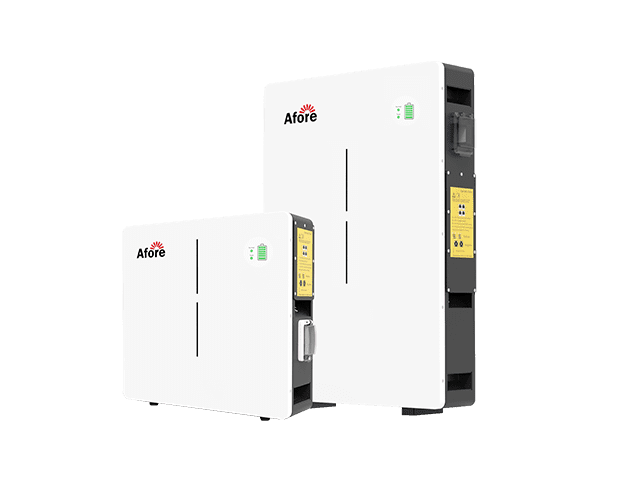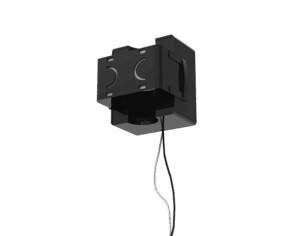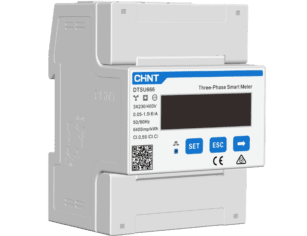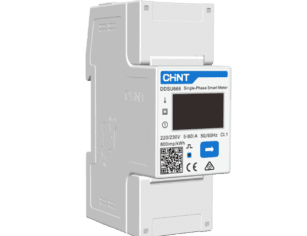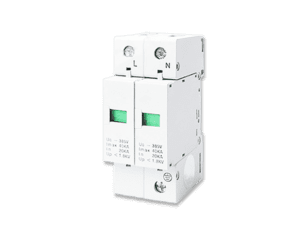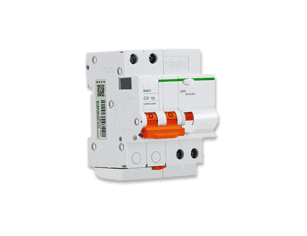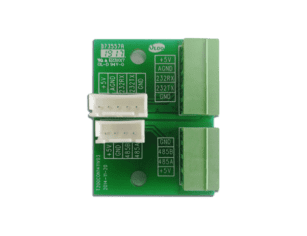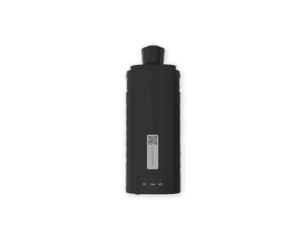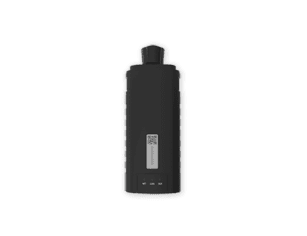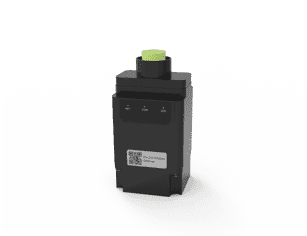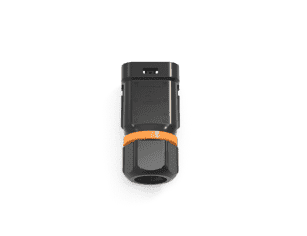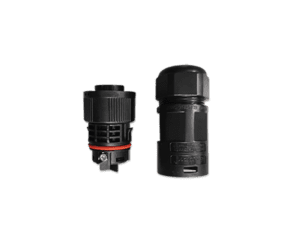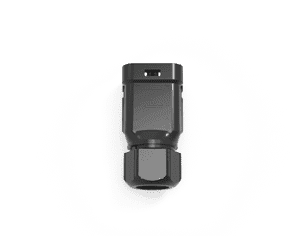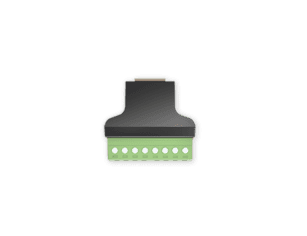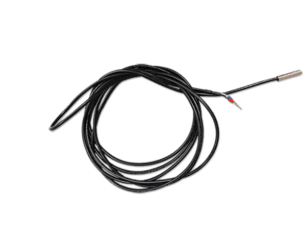Choosing the Right Inverter for Generator: An Ultimate Guide

Indice dei contenuti
Choosing an inverter for generator can have a major impact as it can increase reliability and efficiency of your energy solution. And we have to wonder what’s going on with this inverter for generator technology, such as exactly what it is and the way it works.
When you’re picking an inverter for generator, it’s super crucial to understand what features and benefits it has over a regular generator! That way, you can pick the one that fits your needs the best!
We’re going to talk about the latest innovations and key features of inverters for generators. In time, you’ll be able to see exactly what the benefits of using a generator with an inverter for generator are.

What is an Inverter Generator?
What is an inverter generator? An inverter generator is a new kind of power solution that incorporates an inverter for generator technology. It changes DC power into clean AC power; this keeps your electronics safe. These generators are quiet, portable, and use less fuel. They are great for homes and outdoor fun.
Definizione e funzionalità
An inverter generator is a generator that converts mechanical energy from the combustion of fossil fuels such as gasoline, propane (LPG), or diesel into electrical energy using an inverter for generator technology; unlike conventional generators that produce alternating current (AC) directly from an alternator, inverter generators use an additional conversion process.
The mechanical energy first drives the generator to produce alternating current (AC), which is then converted to direct current (DC) by an inverter; the DC is then converted back to AC. This conversion process gives inverter generators several advantages over conventional generators.
Key Features of Inverter Generators
Fuel Efficiency:
That design of the inverter for generator can be so awesome that it can flexibly adjust the power output according to the load to be handled. The benefits of doing this are many, it saves you a lot of fuel, but also precisely meets the power needs of each moment. If you look at traditional generators that don’t have an inverter for generator, it’s not smart at all to burn fuel at a steady rate, no matter how much power you need.
If you are using a light to medium duty generator with an inverter for generator, the fuel consumption and cost can be reduced by a large margin, which is particularly effective!
Cleaner Power Output:
The electricity generated by generators is commonly termed as “unstable power ” characterized by fluctuations in voltage and frequency along with power dips and surges, and along with electrical disturbances such, as irregular sine wave patterns and electromagnetic interference.
Inverter generators work on filtering out the power known as “dirty power “, adjusting sine waves for smoother electricity flow and less fluctuation, in power output.
Inverter generators are capable, of generating electricity that is considered to be cleaner due to total harmonic distortion (THS), which makes them ideal for powering delicate electronic devices, like computers and medical equipment.
Reduced Noise Levels:
In terms of noise level comparisons between inverter for generators and conventional generators, the former are generally quieter than the latter when not running at maximum capacity; they are an option for outdoor environments such as campgrounds and RV parks where noise limitations may be a factor.
Portability and Compact Design:
An inverter for generator is typically smaller and lighter than a generator, making it easier to carry and store. It is perfect for events such as tailgate parties or outdoor activities. It also comes in handy as a backup power source in case of an emergency when the lights go out.
Advantages over Conventional Generators
Compared to traditional generators, inverter for generator is much more portable. Because of this, they are especially suitable for outdoor use, and it is very convenient to bring them to events. Moreover, it can also provide the kind of clean electricity, which is very important for those electronic products we use nowadays. Not only this, it can also reduce pollution, how environmentally friendly.
Nowadays, the popularity of generators is increasing year after year with a growth rate of 5.5%. With all those upgraded safety features, such as carbon monoxide detectors, plus the fact that it’s great for a variety of situations, it really is both safe and convenient. It looks like this trend will continue until 2030!

Inverter Generator Vs Regular Generator
Figuring out what is an invertor generator, are you also wondering how it is different from a conventional inverter? If you compare an inverter for generator with a conventional generator, it’s obvious what makes it so special. Let’s take a look at the differences between an inverter for generator and a conventional generator and dig into these differences.
Power Quality and Stability
Inverter for generators convert alternating current (AC) to direct current (DC) and then convert it back to AC using inverter for generator technology to provide high quality power with enhanced stability.
This sophisticated approach to power conversion allows for a cleaner and more stable power supply. For those sophisticated equipment that are especially afraid of power going up and down and sudden power cuts, like laptop computers and medical equipment, the benefits can be great. If you put inverter for generator and ordinary generator in a piece of comparison, you can find that inverter for generator is relying on its advanced design and super power conversion ability to have these advantages.
In comparison, the conventional generator without an inverter for generator cannot provide the same stable power; under heavy loads, their total harmonic distortion (THD) can be as high as 25%.
Fuel Efficiency and Runtime
High efficiency inverter for generator shines in fuel efficiency; it uses microprocessors to adjust engine speed based on demand. This leads to better fuel use and longer runtime, up to eight hours on one gallon.
Conventional generators have bigger fuel tanks but use more fuel due to constant engine speed; this makes them less efficient overall.
Portability and Size
Inverter generators are super portable. Their small and light design makes them easy to carry. They’re perfect for camping, tailgating, and other outdoor fun.
Conventional generators without inverter for generator are bigger and heavier; they’re harder to move, even with the right tools.
Noise Levels
Noise is a big deal, whether you’re at home or in a quiet spot. Quiet inverter generators are as quiet as a normal conversation, at 53 dB(a). Regular portable generators without inverter for generator start at 68 dB(a) and can reach 85 dB(a) under heavy loads.
Acoustic cabinets can help with noise for conventional generators; however, they’re not as quiet as inverter generators.
When choosing between inverter generator vs regular generator, you must ponder over the factors like power output quality, portability, fuel efficiency and also noise level. With all these figured out, you will be able to pick the best one for your actual needs.

Difference Between Generator and Inverter
It is very important to know the difference between generator and inverter to choose the right power solution. Generators make a lot of power, but it’s not always clean. Inverters make this power cleaner and more stable, perfect for sensitive devices.
Basic Operational Differences
The generator usually converts mechanical energy into electrical energy using gasoline or diesel fuel. They can make a lot of power but can be loud and not good for sensitive electronics. Inverters, on the other hand, turn DC power from batteries into AC for home use. This makes the power cleaner and more stable, with less than 3% distortion.
Applications and Use Cases
Generators are especially good for places that need power for long periods of time, like construction sites, but they need to be serviced regularly so that they can handle heavy loads. Inverters, because of their clean power output, are great for residential or medical facilities, as well as recreational activities; they’re great for running computers, medical equipment, and the like.
Integration of Inverters in Generators
Combining a generator with an inverter is a way to enhance power capabilities and efficiency at home, while reducing noise levels effectively as well as optimizing fuel consumption, for longer operation periods. Inverter generator technology makes traditional generators better; it helps make power use more sustainable and efficient.
The fundamental difference between a generator and inverter is their operational function. What a generator does is convert mechanical energy into alternating current (AC), while an inverter for generator turns DC power into clean and stable AC power.
In contrast, inverters are typically used where power quality is critical, such as to power sensitive electronic equipment. The integration of an inverter for generator is called an inverter generator. The advantages of both are combined with fuel efficiency, compactness, lightweight design, low noise levels and the ability to generate high-quality alternating current suitable for sensitive electronic equipment.

Power Generator with Inverter
Opting for a power generator with inverter comes with advantages and is suitable for a range of applications where reliable power is essential, for the seamless operation of delicate electronics. They also improve fuel efficiency, reduce noise, and are easy to carry.
Popular Models and Features
Popular Models:
- Portable Power Stations: These inverters can be convenient to take with you on the go, specifically for those who like outdoor adventure, or when encountering emergencies, put home as a backup power supply is also quite good. They generally have batteries, can be charged directly with solar panels, can also be plugged into the AC to charge, especially flexible.
- Industrial Inverter Generators: In the setup, the larger and more robust inverter for generator is designed to provide higher power output and withstand harsh conditions with enhanced durability.
Features:
- LCD Display: A lot of inverters have a screen that displays the power being produced at the moment and other key details, like battery status.
- Parallel Capability: This function enables the connection of inverter generators to boost the total power output.
- Surge Protection: Inverter generators frequently include integrated surge protection to safeguard electronics, against power surges.
- Quiet Operation: There are several models of inverter for generator, that design is really no words, and the function is particularly full, especially suitable for use in those places where the noise is too much for people to bear, and use that is a peace of mind.
- Smart Controls: Certain inverter generators feature controls that enable users to remotely monitor and manage the generator through a specialized smartphone application.
Considerations for Choosing the Right Power Generator with Inverter
When selecting a power generator with inverter into its design take into account the following considerations;
- Power Output: Consider the power requirements, for the devices and appliances you intend to use and select a generator that can adequately meet those needs.
- Portability: If you have to be on the move or in the outdoors or in the field and need electricity, like for some activities or in case of emergencies, then pick a portable generator that is lightweight and easy to carry.
- Fuel Efficiency: Seek out a generator that boasts fuel efficiency to cut down on fuel expenses and lessen environmental harm.
- Noise Level: Think about how loud the generator’s pick a model that works well in the place you want to use it.
- Additional Features: Make sure to check out options, like USB ports and built in surge protection that can improve how the generator works and how easy it is to use.
- Budget: You must set a budget before you shop, and then pick a generator that meets your needs but won’t cost you over the odds.
- Brand and Reputation: Go for a known company that has a solid history of making top notch and dependable goods.
When you have all of these aspects figured out, you will be able to pick a generator with an inverter for generator that fits your needs perfectly, and also gives you a steady, solid supply of power.
Can You Add an Inverter to a Generator?
Adding a suitable inverter for generator can make sure your power is clean and stable; this is key for things like computers and TVs. To do this, you need to check if the inverter fits, pick the right one, and set it up right. We have to see if it works, what are the pros and cons, and hear what the experts have to say.
Feasibility and Methods
Whether you can add an inverter to your generator depends on the generator and the inverter’s needs. Most generators make DC power, which needs to be changed to AC power by an inverter. The inverter for generator should match or beat the generator’s power and be set up right. It’s also important to watch it closely to keep the power steady and safe.
Benefits and Limitations
The use of inverter for generators can help reduce fuel consumption and significantly lower noise levels. Inverter for generators consume fuel and run more quietly due to their ability to adjust their speed accordingly. Moreover, these things to power electronic equipment that is a stable, is the beginning of the purchase to spend a lot of money, the installation of the time may also encounter some trouble. Therefore, you must ensure that the connection place is well ventilated, but also need to regularly check the maintenance, so as to avoid any electrical safety problems.
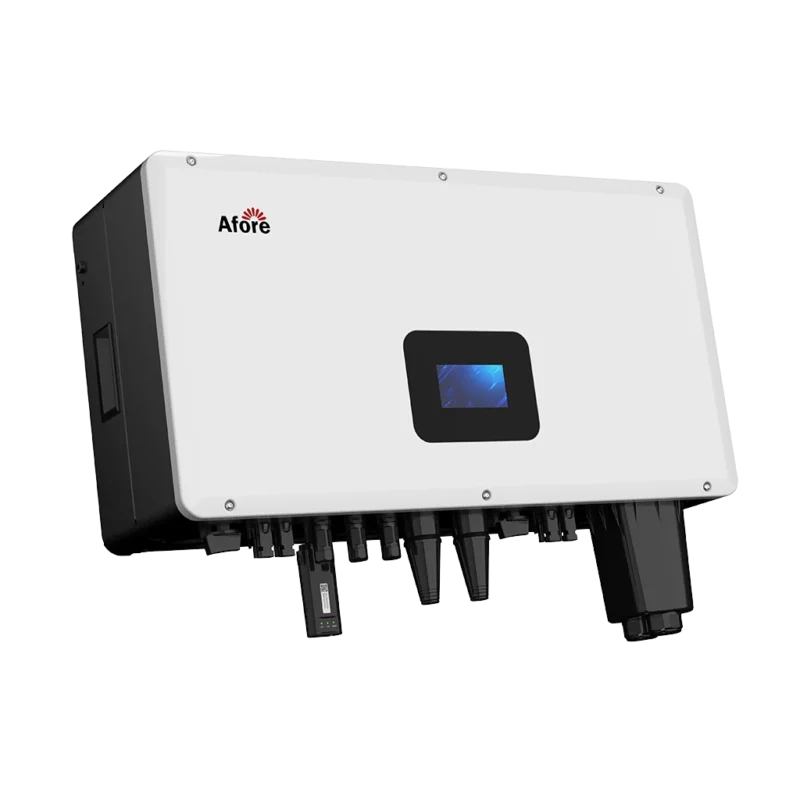
By the way, if you want to complete your solar system and increase its energy efficiency, then you can choose from the following inverters provided by AFORE. AFORE Inverter monofase e Inverter trifase are good choices for residential and commercial use.

Expert Recommendations
Experts say to talk to a pro before select an inverter for generator. It is very important to install it correctly to avoid damage and ensure safety. Choose a top-rated inverter for generator that meets your power needs. Pure sine wave inverters have the advantage of clean power and are especially friendly to those sensitive devices. Also, if you want your system to run stable all the time, you have to remember the safety rules, and you have to give your system a thorough checkup from time to time.
Applications of Inverter Generators
Inverter generators are well liked for their flexibility since they excel in settings due to their minimal total harmonic distortion (THF). This feature ensures the safety of electronics and makes them suitable for use, in both residential and professional environments.
Home Backup Power
A home inverter generator is ideal, for electricity needs as it provides consistent power to safeguard your electronic devices from harm and is also cost effective and fuel efficient to help you save on expenses and fuel consumption. They’re small and quiet, fitting well in homes; this makes them a top choice for many.
Outdoor and Recreational Use
Outdoor lovers and RV users find inverter generators handy; they’re great for inverter generators for camping or rv inverter generators. They’re light and easy to carry, thanks to built-in handles.
They’re really super quiet, allowing you to enjoy a peaceful and cozy time outdoors. Plus, you can connect two of them in parallel for even more power without having to use one of those big, bulky generators at all.
Industrial and Worksite Applications
In industrial scenarios, like construction sites, and those environments where electricity has to be used, the situation is quite complex and particularly difficult. At this time, the industrial inverter generator can be too critical, absolutely indispensable. These generators cut down on expenses by being fuel efficient and adjusting their speed as needed. Moreover, they are simple to transport and install making them a versatile power option, for tasks.

Conclusione
Choosing an inverter for generator is very important to ensure a stable and efficient energy supply! We must understand the benefits of inverter technology and take into account the noise level and fuel efficiency. A high performing inverter for generator has the potential, to enhance your energy consumption significantly and lessen your environmental footprint.
Inverter generators have a range of applications such as home backup power supply and industrial operations or outdoor activities due to their quiet operation and portability as well as efficient fuel consumption. Read more reviews, compare and contrast, so that you can help you pick the most suitable inverter for generator! Take the inverter for generator that can keep your home quiet and stable power, it is simply the ideal choice for us!
When you browse through reviews and comparisons of inverter for generator carefully, you’ll discover the one for your needs. Seeking guidance from experts and heeding our suggestions can be beneficial well. Demonstrating a commitment to friendly and efficient energy, through the use of cutting edge inverter technology is important. For details and to explore the best inverter for generator available visit the websites of reputable brands!
FAQ
What is an inverter generator?
An inverter generator changes DC power into AC power. It uses advanced electronics to do this. All this makes for a cleaner, much more stable power source that is ideal for sensitive equipment.
What are the differences between inverter generator vs regular generator?
Inverter generators provide high quality power and operate with less noise. For it is again portable and fuel efficient, it is particularly popular for all occasions.
What is the difference between generator and inverter?
The fundamental difference between generator and inverter lies in their operational functions and applications. When a generator is, at work it changes energy into AC power; on the other hand, an inverter transforms DC power into reliable and smooth AC power.
What are the key features of inverter generators?
They are known for their operation and portability while being effective, in fuel consumption. They can adjust their power output based on your needs.
Can you add an inverter to a regular generator?
Sure! You have the option to integrate an inverter with a generator to enhance its power output and efficiency. Choosing the suitable inverter for generator is crucial; therefore, it’s best to get a pro to do it for safety and to make sure it works right.




